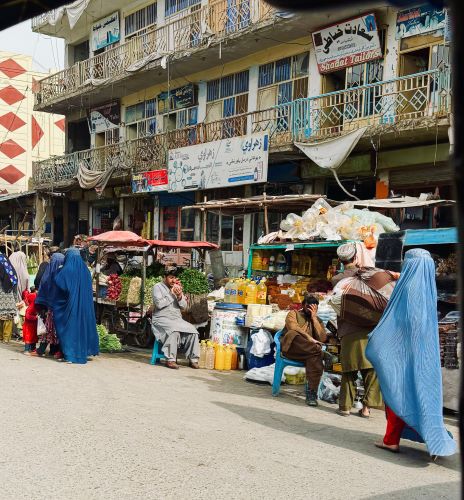Korea, Japan halt currency swap compact
Decision comes at low point in bilateral ties
Korea and Japan will let their expanded currency swap arrangement expire at the end of this month amid a bitter diplomatic row.
Policymakers both in Seoul and Tokyo claimed that the agreement between the two nations Tuesday was not a political decision. However, the comments are hard to buy when Japan had quickly declared the currency swap was in jeopardy after President Lee Myung-bak in August made a surprise visit to Dokdo, a set of tiny islands Japan argues it has a historical claim to.
The visit has driven a wedge between the two regional neighbors both in diplomatic relations and public opinion, and it now seems the cost for Korea is at least a reliable financial safety net.
Korea and Japan signed a $13 billion bilateral currency swap agreement in 2008, when the world economy was dealing with fresh pains from the Lehman Brothers collapse. The swap line was extended to $70 billion last year in the face of worsening global conditions and increased fears of a capital flight in Korea.
The value of the currency swaps will return to $13 billion after Oct. 31 with the two countries agreeing to let the deal for the extra $57 billion lapse.
Speaking to journalists at the Gwacheon government complex, Deputy Finance Minister Choi Jong-ku said the agreement was “purely” an economic decision. The improvement in financial market stability made it unnecessary to keep the deal as large as it was, he claimed.
“This wasn’t a unilateral decision by one party, but a result of mutual discussions. We considered the health of the foreign currency market and macro-economic conditions as well as the prospects, and we both saw the conditions as stable enough,” Choi said, arguing that the decision’s effect on Korean financial markets would be minimal.
“The Chiang Mai Initiative Multi-lateralization, a regional currency swap pact aimed to help crisis-hit countries suffering from liquidity crunches, could be described as a permanent framework. However, the currency swap agreement with Japan, as with the similar deals signed with the U.S. and China also in 2008, was a temporary one with a fixed expiration period, and it would be unnecessary for us to extend it when we don’t need to.”
Korea signed currency swap deals with Japan, the U.S. and China in the aftermath of the recent economic crisis as protection against financial instability. The country’s $30 billion deal with the U.S. expired in 2010.
Policymakers in Seoul express confidence about the economy’s supposedly improved ability to deal with adversity. Korea’s central bank reserves are currently measured at $322 billion, a significant increase from the $201 billion it had in its war chest in later 2008, and has also introduced a slew of measures to protect itself against speculative capital flow.
The spat between Korea and Japan over Dokdo has been souring economic ties. Japanese companies, including automakers, are alarmed over decreasing sales in Korea, while Korean retailers and tourism businesses are concerned over the decline in Japanese travelers. The talks for a bilateral trade deal between the countries have been effectively shelved as well.
“The decision to let the expansion of the currency swap agreement expire will not have a meaningful effect on financial markets,” said Lee Joon-hyeob, a senior researcher from the Hyundai Research Institute.
The Korean won closed at 1,110.7 against the U.S. dollar, up 1.3 won from Monday’s finish, and the market appeared to be more interested about the interest rate-setting meeting at the Bank of Korea (BOK) later this week than the currency swap development with Japan. <The Korea Times/Kim Tong-hyung>





